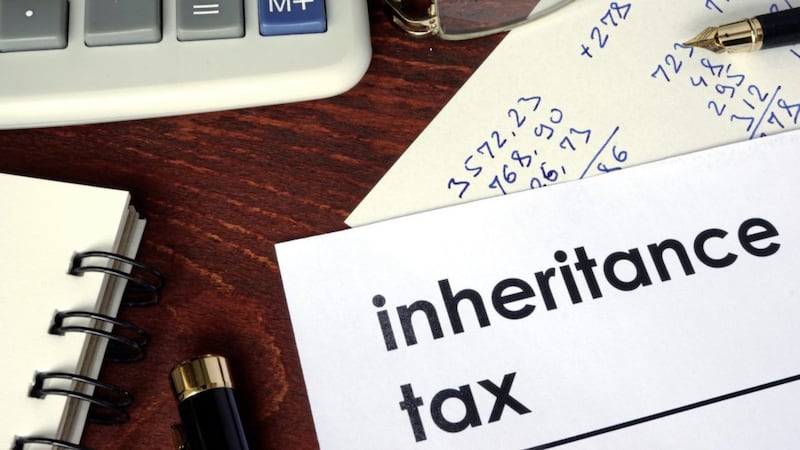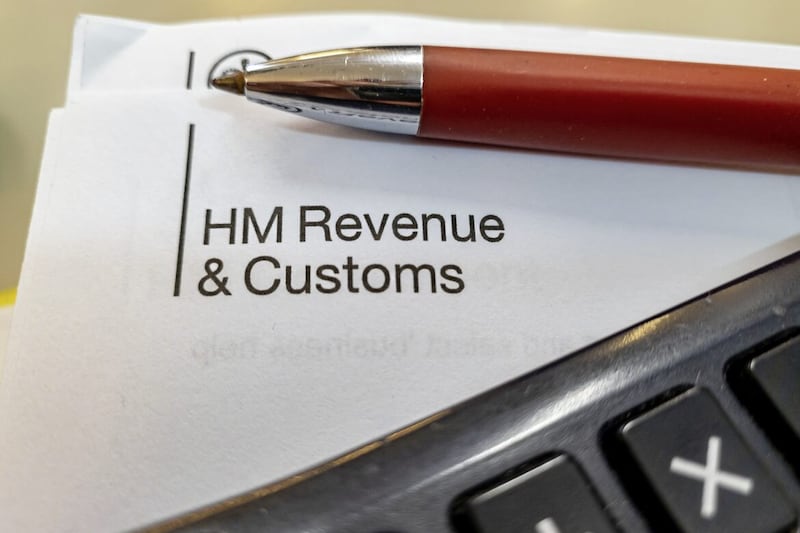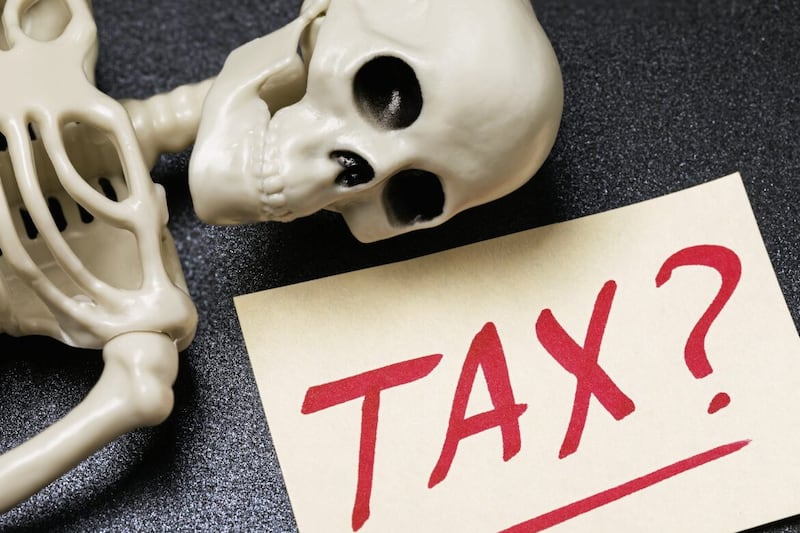QUESTION: I inherited a small property and some shares from an aunt who died recently. Do I have to pay tax on these assets?
ANSWER: You don’t usually pay tax on anything you inherit at the time you inherit it. However, you may need to pay income tax on profit you later earn from your inheritance, eg dividends from shares or rental income from a property. You may also have to pay capital gains tax if you later sell shares or a property you inherited and if you keep the assets until you die then you may have to pay inheritance tax on them.
The estate of the person who died usually pays inheritance tax. You may need to pay inheritance tax if the estate can’t or doesn’t pay it. You may also need to pay inheritance tax on a gift the person gave you in the seven years before they died.
You may also need to pay it if your inheritance is put into a trust and the trust can’t or doesn’t pay. If the will says the inheritance tax should be paid out of the assets you’ve inherited, the executor of the will or administrator of the estate will usually pay it. HM Revenue and Customs (HMRC) will contact you if you need to pay.
The UK government allows citizens to pass property onto their husband, wife or civil partner on death without having to pay inheritance tax. However, if the property is passed onto someone else (siblings, nephews or nieces for instance), the value of the property is included in the estate and inheritance tax may applicable.
Inheritance tax is a tax on the estate of someone who has died. The estate includes things like property, money, possessions and shares.
You don’t pay capital gains tax when you sell your home. You do pay it if you make a profit when you sell a property that isn’t your main home. If inheriting a property means you own two homes, you’ll have to nominate one of them as your main home.
You must tell HMRC which property is your main home within two years of inheriting the property. If you don’t tell HMRC and you sell one of the properties, they’ll decide which property was your main home. If you rent the property out, you may have to pay tax on the rental income less expenses.
On your subsequent death, there is normally no inheritance tax to pay if either the value of your estate is below the £325,000 threshold; or you leave everything to your spouse or civil partner, a charity or a community amateur sports club.
If you give away your home to your children (including adopted, foster or stepchildren) or grandchildren, your threshold will increase to £425,000. If you’re married or in a civil partnership and your estate is worth less than your threshold, any unused threshold can be added to your partner’s threshold when you die. This means their threshold can be as much as £850,000.
:: Paddy Harty (p.harty@pkffpm.com) is director at PKF-FPM Accountants (www.pkffpm.com). The advice in this column is specific to the facts surrounding the question posed. Neither the Irish News nor the contributors accept any liability for any direct or indirect loss arising from any reliance placed on replies.








